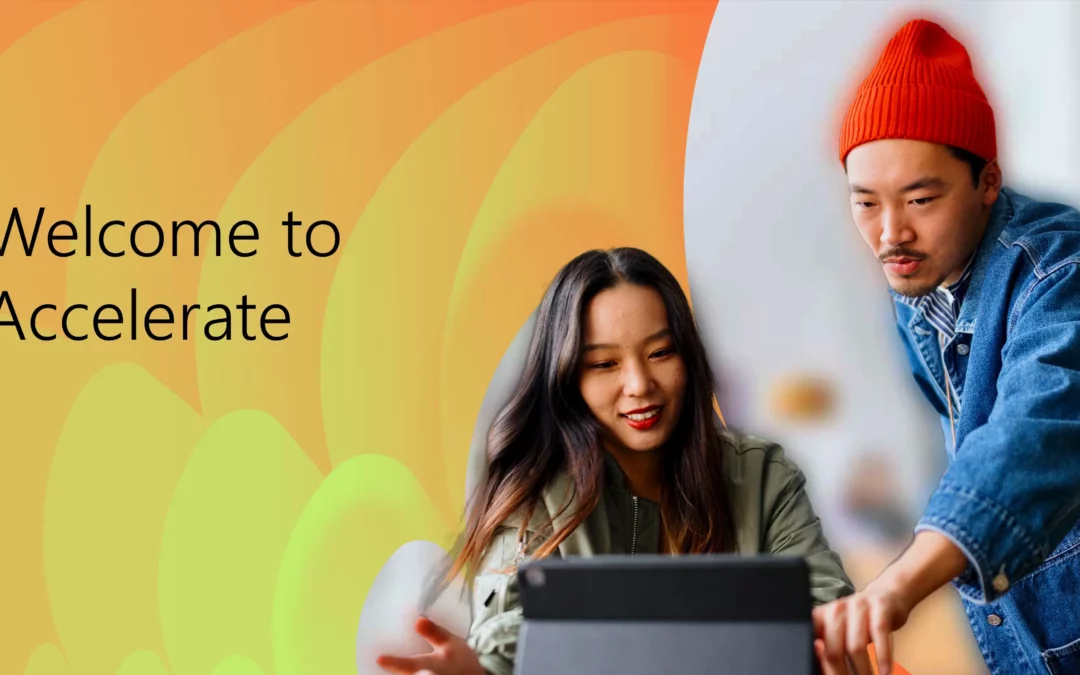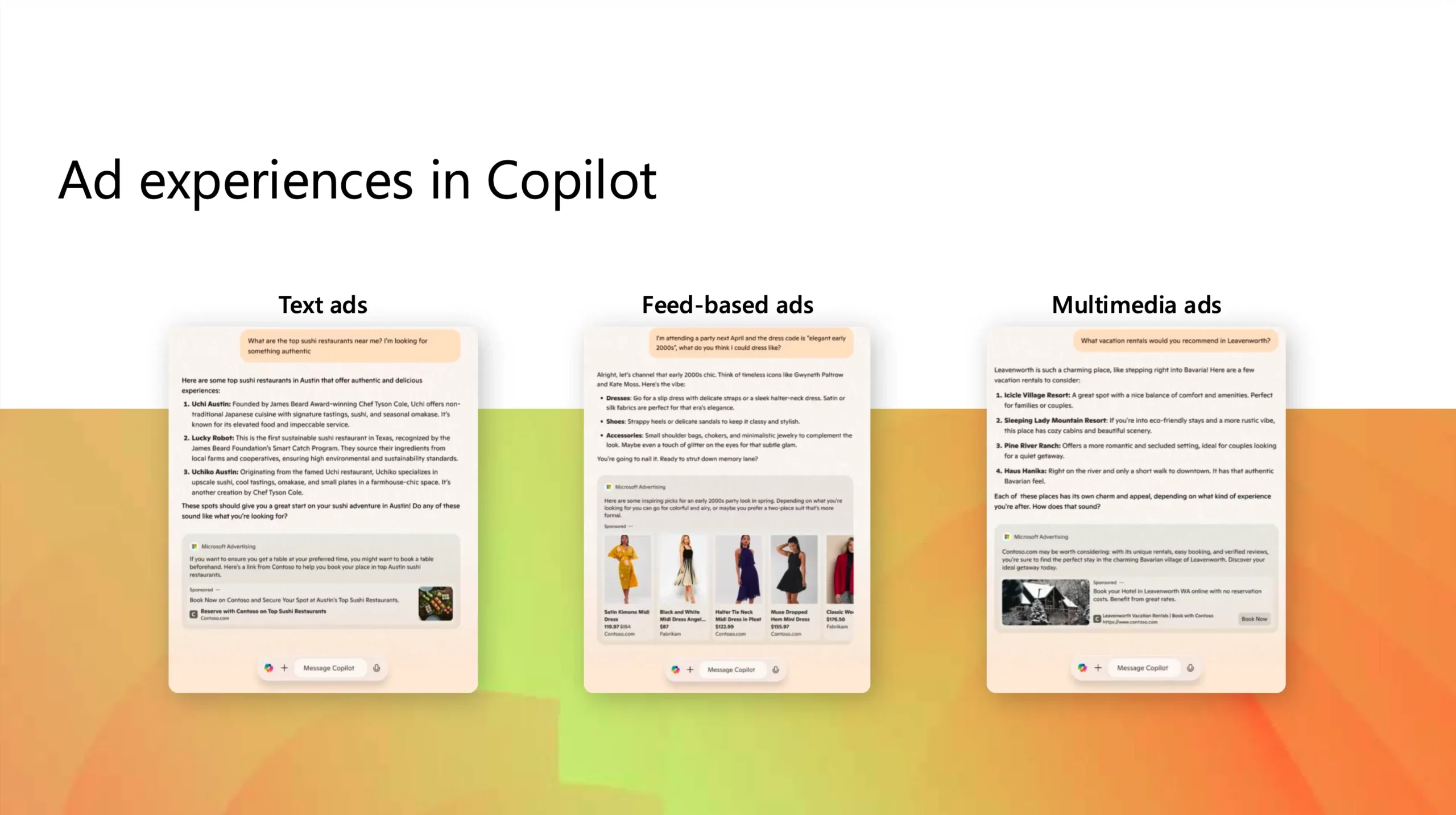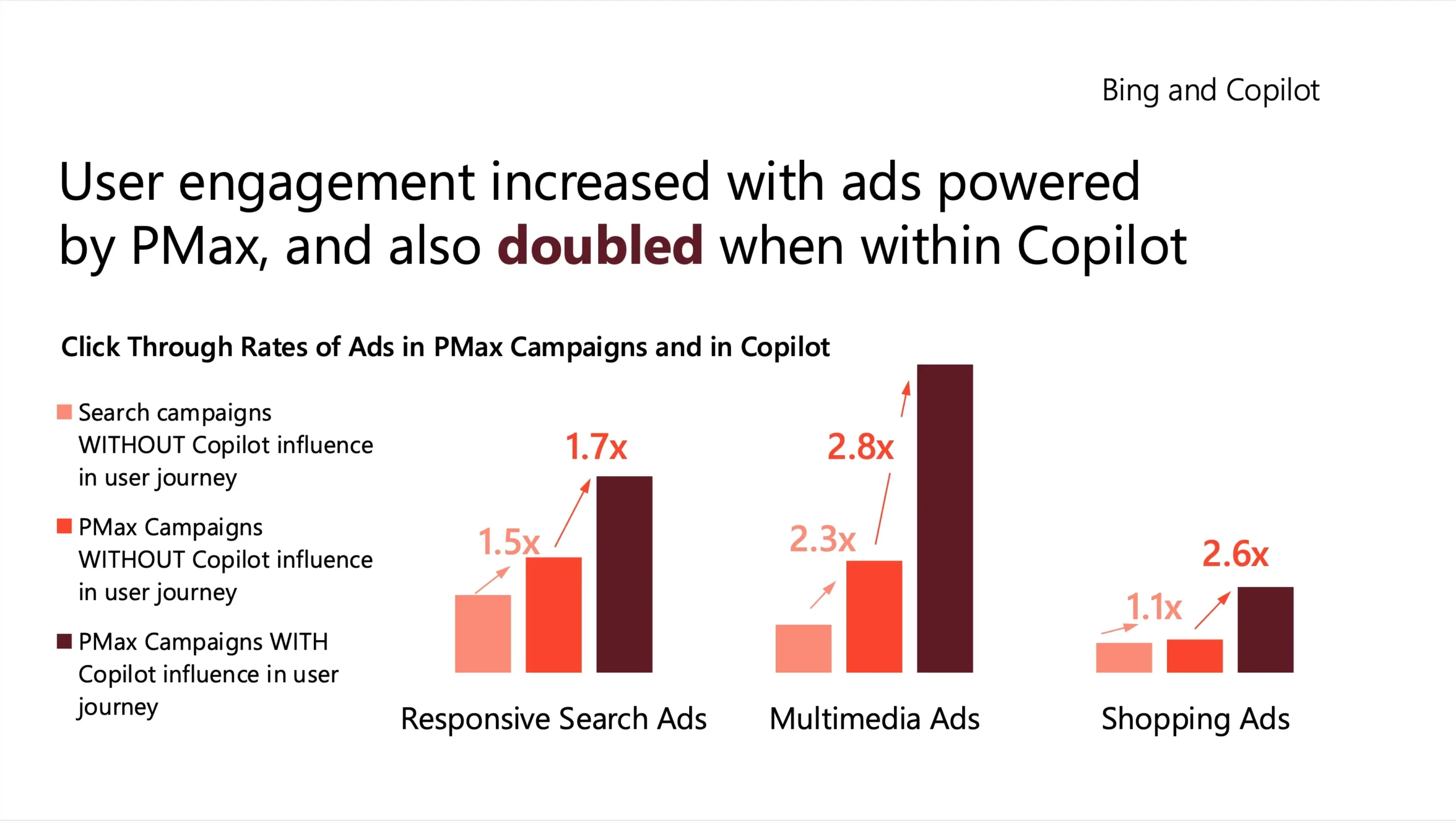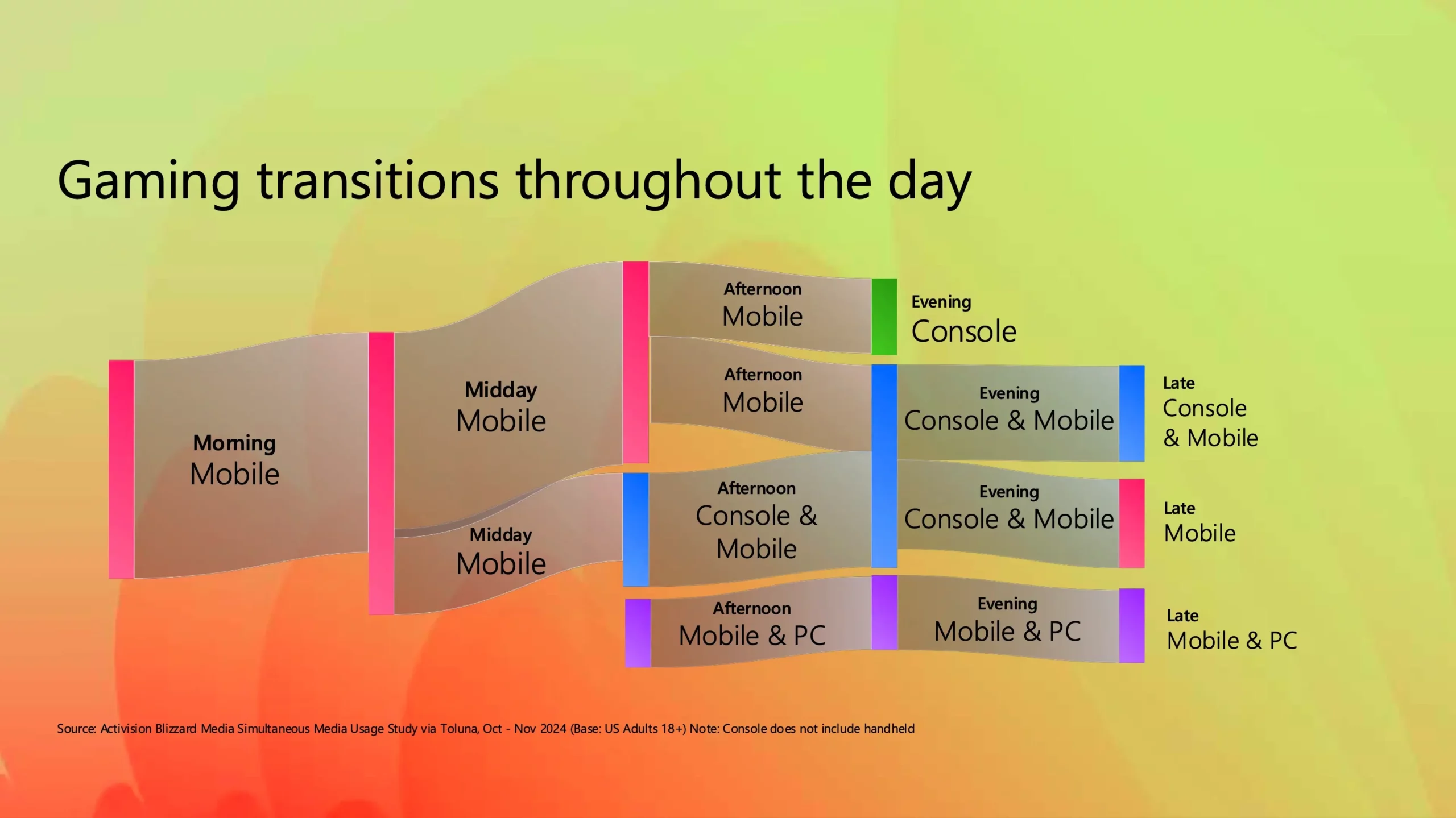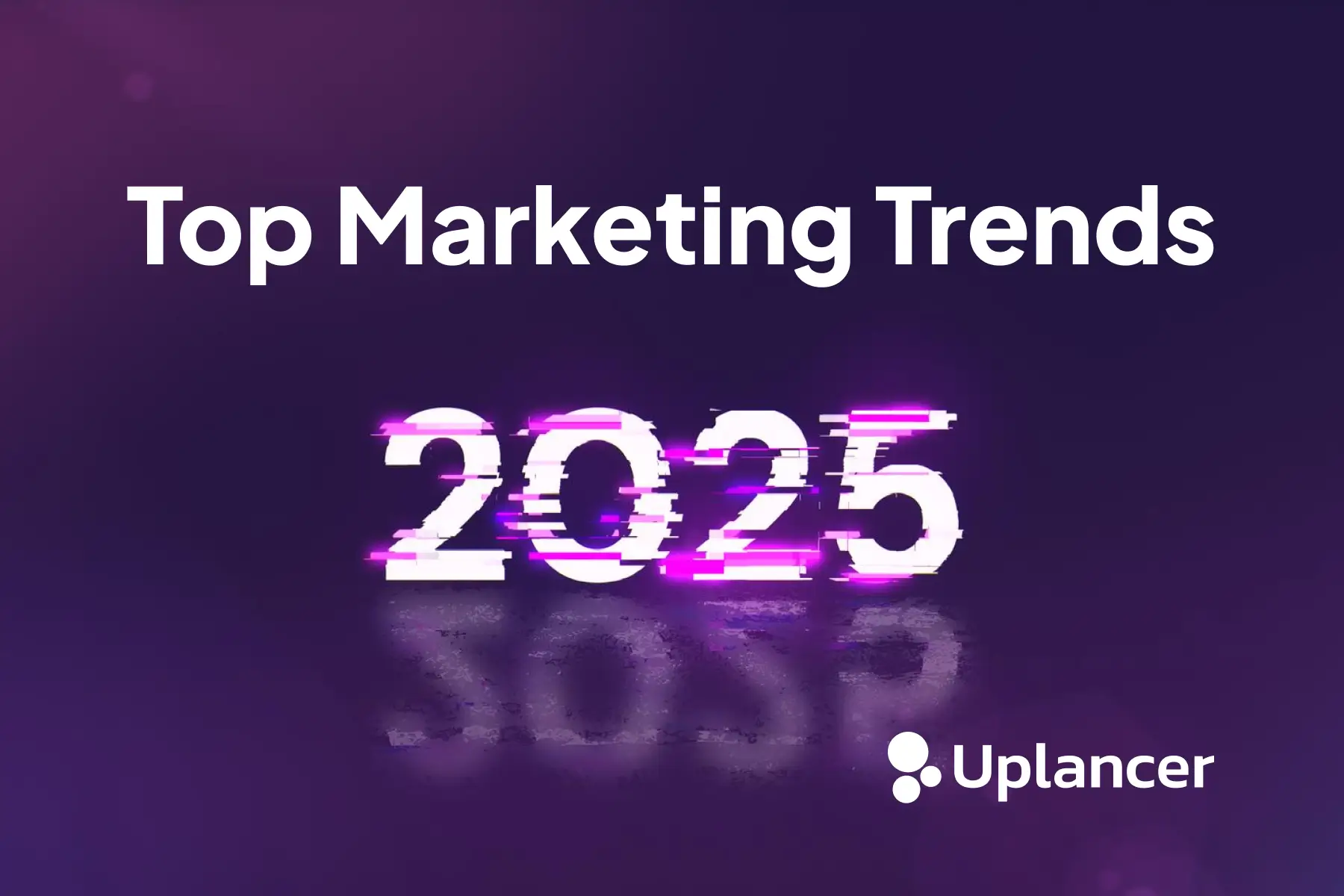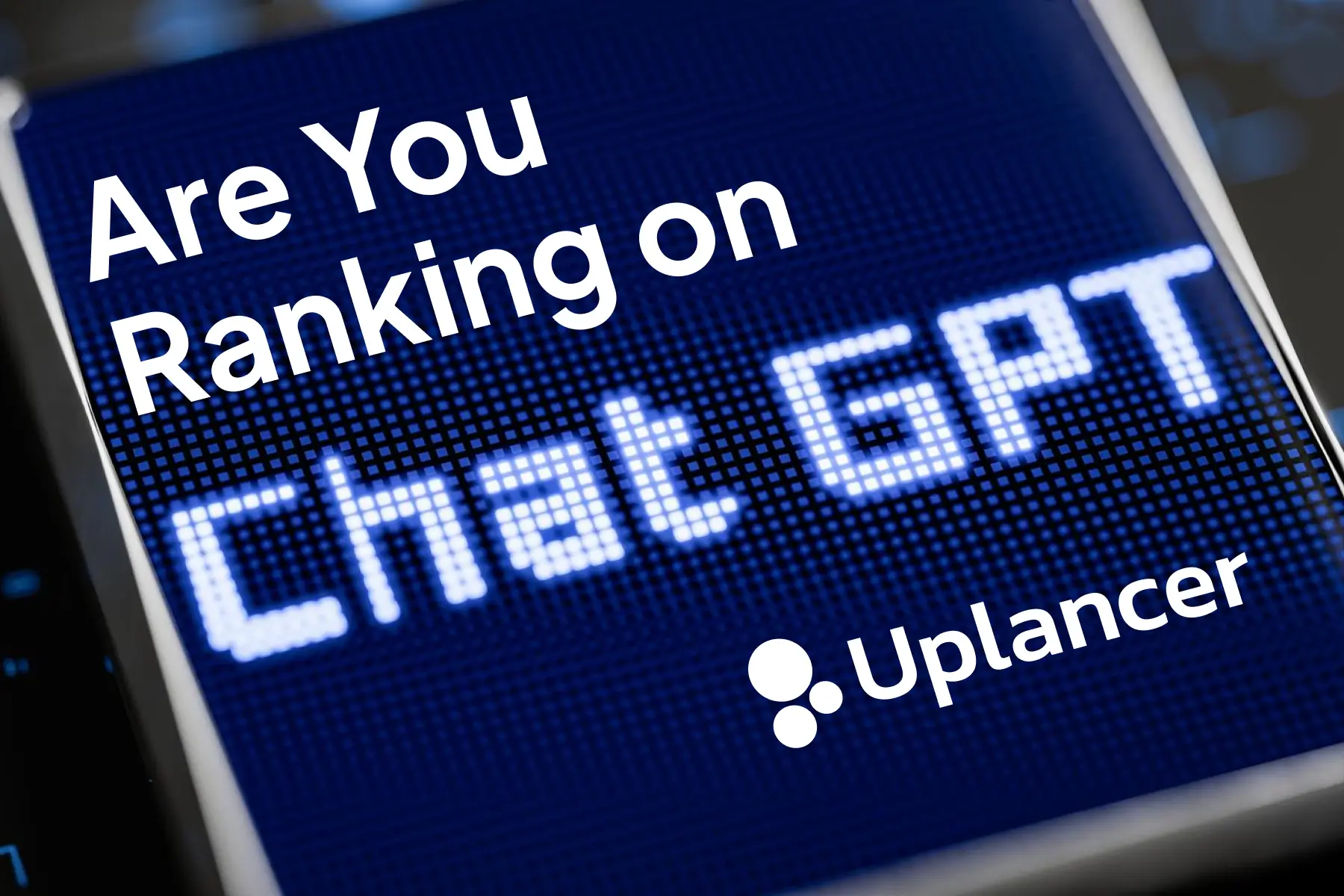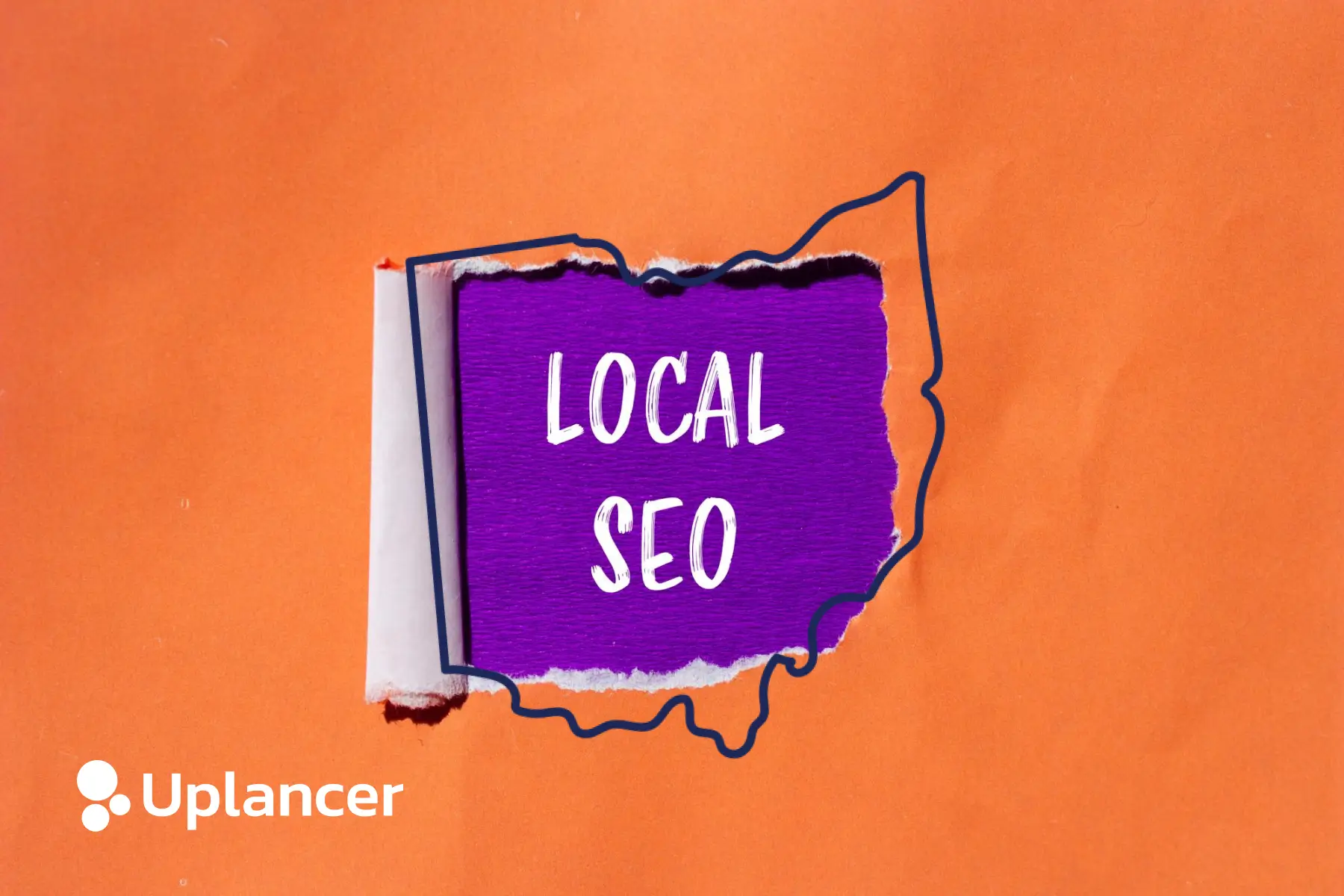In 2025, the biggest buzz in marketing and business is undoubtedly AI. From content generation to advertising automation, artificial intelligence is reshaping how we connect with audiences. While Google has led the AI charge with tools that enhance ad serving and copywriting, Microsoft is quickly catching up thanks to its partnership with OpenAI.
With the rise of Microsoft Copilot, a flagship AI-powered feature, Microsoft Ads is introducing new capabilities that marketers must be aware of. Here’s a breakdown of what we learned from Microsoft’s Accelerate 2025 event and what it means for the future of AI-driven marketing.
Copilot Is Reshaping the Digital Search Experience!
Copilot is Microsoft’s answer to AI-powered interaction. It enhances search experiences through more personalized, conversational outputs. What makes it especially exciting for marketing is how it enables more natural engagement between users and content, creating more clicks and better-qualified leads.
The numbers speak for themselves and give you a glimpse into the target demographic:
- 74% of users say Copilot enhances their search experience.
- B2B purchasing behavior improves by 53% when personalization is present.
- Users of Copilot are:
- 34% more likely to be between ages 16–24.
- 22% more likely to hold an advanced degree.
- Earn an average income of $100K+.
Ads Experience Within Copilot
As Copilot gains traction, advertisers are curious about how their content will appear. If you’re thinking of advertising on Copilot, Microsoft has shared that ads will display as:
- Text-based conversational results
- Feed-style outputs
- Rich multimedia formats
These inline ads are subtle, but they’re getting impressions and more importantly, engagement.
The upside: AI makes search more personalized, leading to better conversions.
The downside: Copilot’s AI-first approach raises questions about the future of SEO. While SEO likely won’t be phased out, organic strategies may need to adapt fast to accommodate for answer engine optimization (AEO).
Bing Performance Max (PMax): Microsoft’s Smart Campaigns
Much like Google Ads’ Performance Max, Microsoft now offers PMax campaigns, where advertisers provide basic inputs, such as images, headlines, descriptions, and audience signals, to let the PMax AI optimize ad delivery.
Microsoft claims that PMax can provide:
- 3x return on ad spend (ROAS)
- 32% decrease in cost-per-acquisition (CPA)
Microsoft Pmax look promising, especially for B2B advertisers looking to leverage the professional network of LinkedIn.
The upside: Reduced manual workload for ads and automated performance optimization.
The downside: Handing over creative and strategic control to AI risks standardization and weaker brand identity.
Gaming: The Next Big Marketing Channel
By 2027, gaming is projected to become a $198B industry, and Microsoft is leading the way across Xbox, PC, and mobile. For brands targeting younger audiences, gaming is now one of the most engaging digital ecosystems. It’s just a matter of finding your product-market-advertising fit.
Key stats around gaming that can help you refine your ad targeting:
- 46% of gamers are women – this is shocking, I know!
- Average gamer age is 36 – also shocking!
- Gamers dedicate more time to gaming than to watching TV or browsing social media
- Mobile games dominate mornings; console games dominate evenings
- PC gamers stick to PC platforms
The upside: A rich new frontier for immersive ad experiences, especially for brands that value storytelling and audience engagement for gamers.
The downside: Virtually none except for the need to understand the platform nuances and buyer types.
Don’t Sleep on Microsoft’s Media Network
Many marketers still focus primarily on Google and Meta, underestimating the scale of the Microsoft Media Network. But Microsoft now reaches 1.4 billion users across Bing, Edge, Outlook, LinkedIn, and Xbox. That’s a massive audience, especially in professional and enterprise segments.

This network has grown 2.1x year-over-year, and adoption is expected to surge as AI tools like Copilot become more mainstream. In other words, consider Microsoft as another legit advertising platform.
The upside: Massive reach with untapped audience potential.
The downside: It requires a learning curve. Marketers must adapt to both Google’s AI ecosystem and Microsoft’s, including Copilot.
The Agentic Future: AI as Brand Ambassadors
Looking ahead, Microsoft envisions an Agentic future where AI doesn’t just support marketing, but actively represents your brand. Honestly, this doesn’t seem so far-fetched.
Imagine intelligent AI agents that:
- Know your brand voice
- Provide real-time customer service
- Guide prospects through the sales funnel and intervene when necessary
- Personalize outreach based on customer behavior
These agents would exhibit empathy, understanding, and human-like nuance, acting as always-on brand ambassadors. That’s the direction that Microsoft and other AI are going.
Supporting stats that move the needle to an Agentic future:
- 68% of users abandon purchases due to poor search experiences – intervention is needed
- Online conversions average 2%, compared to 30% conversions in-store – humans sell
- 67% of returning customers are more likely to convert than new ones – marketing works
The upside: Like chatbots on steroids, AI agents are personable and can handle customer intake and sales enablement 24/7.
The downside: People still crave human interaction. Transparency about AI involvement will be key to gaining user trust for a more personalized buying experience.
Final Thoughts
Microsoft is no longer the quiet player in the advertising space. With Copilot, PMax, and access to a massive media network, Microsoft is redefining how AI and advertising are deeply integrated into modern marketing strategies.
For marketers, the opportunity is massive, but so is the need to evolve. Those who stay ahead of the AI curve will benefit from better insights, smarter campaigns, and more meaningful and personalized user interactions.
If you haven’t considered Microsoft Ads as a key part of your 2025 marketing strategy, now’s the time to revisit it. The age of AI marketing is here, and Bing is back in the spotlight. Contact us to get started with Microsoft Advertising today!

